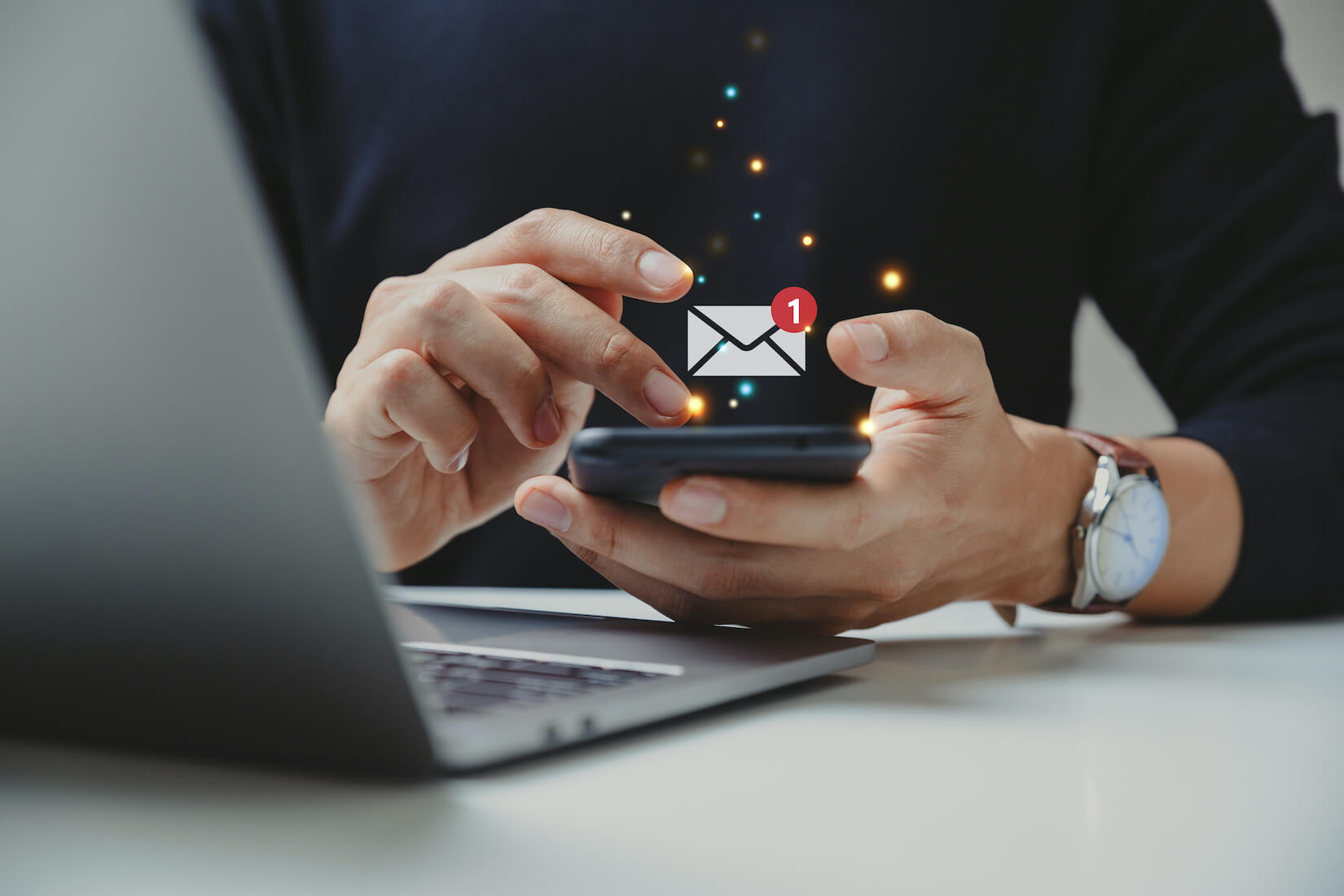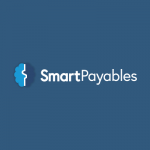The rise of digital communication has made financial transactions easier and faster, but it has also given scammers new avenues to exploit unsuspecting individuals. One such method is through eChecks, or email checks. If you’ve ever received an email claiming to include a digital check, you might wonder, “Is this legitimate or a scam?” Let’s dive into how eCheck scams work, the risks involved, and how to protect yourself.
1. How Does an eCheck Scam Work?
An eCheck scam typically involves a fraudulent check sent as an attachment or link in an email. Scammers often pose as legitimate businesses, charities, or even someone you know to lure you into depositing the check. Here’s how they operate:
- Fake Identity: Scammers may impersonate well-known organizations or create convincing fake identities.
- Urgency and Pressure: They often use urgent language to pressure recipients into acting quickly, such as claiming a refund or payment needs immediate attention.
- Fraudulent Check Details: The check might look authentic, complete with watermarks and bank logos. However, these details are often fabricated.
Once you deposit the check, the scam unfolds. Initially, your bank might make the funds available, but when the check eventually bounces, you’re left responsible for the withdrawn amount. This can lead to financial loss and potential legal complications.
2. Why Are eChecks Risky?
There are several risks associated with eChecks, especially when they come from unknown or unverified sources:
- Fake Checks Are Hard to Detect: Modern technology enables scammers to create highly realistic counterfeit checks, complete with bank logos and MICR lines. Even experienced individuals can be deceived.
- Delayed Fraud Detection: Banks may initially clear the check, only to discover later that it’s fraudulent. By then, the scammer has already disappeared with your money.
- Personal Information Theft: Clicking on links or downloading attachments from scam emails can also lead to malware installation, which may steal sensitive data such as banking credentials.
3. Common Types of eCheck Scams
Here are some of the most common eCheck scams to watch out for:
- Overpayment Scams: In this scam, the fraudster sends you a check for a higher amount than what was agreed upon. They then ask you to refund the excess amount via wire transfer or another method. By the time the check bounces, your refund is long gone.
- Mystery Shopper Scams: Scammers pose as companies hiring mystery shoppers and send fake checks as payment. They ask the victim to evaluate a store by purchasing gift cards or making wire transfers.
- Prize or Lottery Scams: You receive an email claiming you’ve won a lottery or prize, but to claim it, you must deposit a check and send a portion of the funds back to cover fees or taxes.
- Refund Scams: A scammer may pretend to be a legitimate company issuing a refund and send you a fraudulent check as part of the process.
4. The Role of Banks in Check Fraud
Banks play a critical role in detecting and preventing check fraud. However, their systems aren’t foolproof:
- Temporary Fund Availability: Banks may release funds from deposited checks before the check fully clears, often within one or two business days. However, the actual verification process can take longer, which is when fraudulent checks are identified.
- Responsibility Falls on the Account Holder: If a deposited check turns out to be fraudulent, the account holder is responsible for the amount, not the bank. This can result in significant financial losses.
According to the Federal Trade Commission (FTC), check fraud is a prevalent issue, and scams involving counterfeit checks are on the rise.
5. Legal and Financial Consequences
Depositing a fraudulent check, even unknowingly, can lead to severe consequences:
- Financial Loss: You are liable for the full amount of the check, which can result in overdraft fees and a negative account balance.
- Legal Issues: Depending on the jurisdiction, depositing a fraudulent check may lead to legal scrutiny, even if you’re an innocent victim.
6. How to Protect Yourself from eCheck Scams
Here are steps you can take to safeguard yourself:
- Verify the Source: Always confirm the legitimacy of the sender. If you receive an unexpected check, contact the supposed issuer directly using official contact information, not the details provided in the email.
- Look for Red Flags: Watch out for poor grammar, urgent language, or requests to act immediately. Scammers often use these tactics to bypass critical thinking.
- Use Secure Payment Methods: For legitimate transactions, consider using secure payment methods such as bank transfers or payment processors like PayPal that offer buyer protection.
- Monitor Your Bank Account: Regularly check your bank statements for unusual or unauthorized transactions.
- Enable Two-Factor Authentication (2FA): For additional security, enable 2FA on your email and banking accounts to prevent unauthorized access.
7. What to Do if You Receive a Suspicious eCheck
If you suspect an eCheck scam, take these immediate steps:
- Do Not Deposit the Check: Avoid depositing any checks from unknown or unverified sources.
- Report the Email: Forward the scam email to your email provider’s phishing or abuse team. Many providers, like Gmail and Outlook, have dedicated email addresses for this purpose.
- Notify Your Bank: If you’ve already deposited a suspicious check, inform your bank immediately to mitigate potential losses.
- Report to Authorities: File a report with the FTC or your local law enforcement agency. You can also report the scam to the Internet Crime Complaint Center (IC3).
Stay Vigilant and Informed
While email is a powerful communication tool, it’s not the safest method for handling financial transactions. Scammers continue to evolve their tactics, making it more important than ever to stay vigilant. By understanding the risks associated with eChecks and taking proactive measures to verify and secure your financial activities, you can protect yourself from potential scams.
Want a secure way to handle payments? SmartPayables offers secure, automated check printing and mailing services, ensuring your financial transactions are safe and hassle-free. Contact SmartPayables today to learn more.
Founded in 2005, Smart Payables offers a full range of accounts payable payment solutions including outsourced check printing and mailing, document and statement printing and mailing, ACH direct deposits + more. Our highly experienced software developers and intelligent printing teams specialize in secure, enterprise-grade payment options that are HIPAA, SOC 1 Type 2, and ISO compliant. Our mission is to help businesses and large organizations implement secure, innovative technology that will reduce overhead and improve business operations and capabilities.


